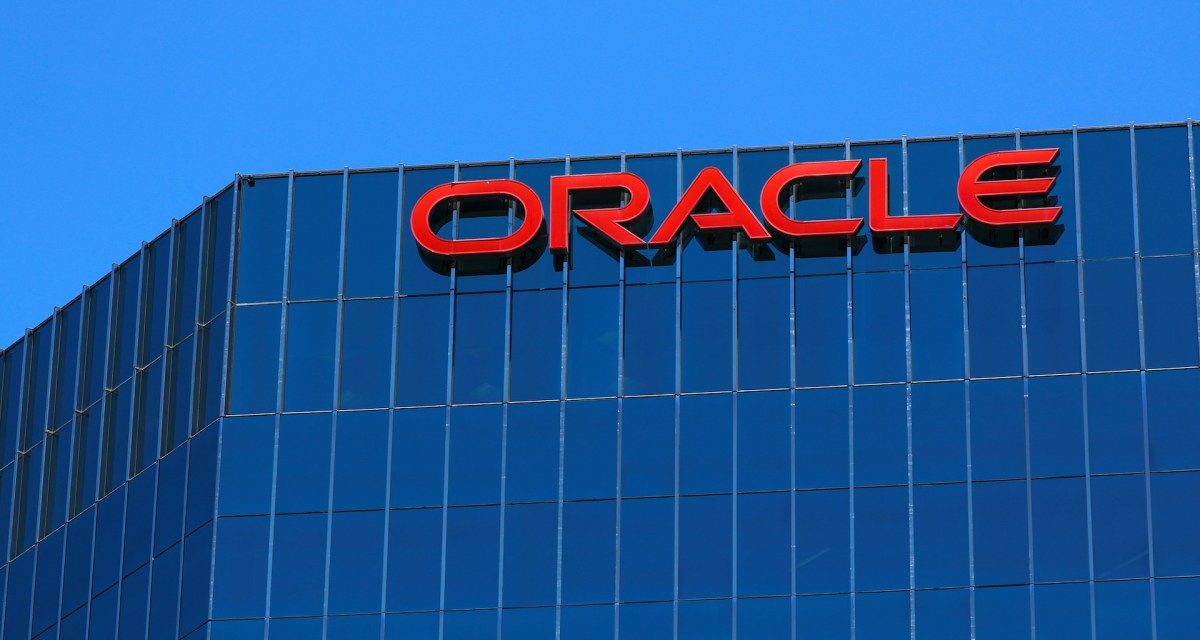Oracle petitions Supreme Court over $10B JEDI protest

Oracle has filed a new brief with the Supreme Court, calling on it to hear the latest argument in its years-long legal battle against the Joint Enterprise Defense Infrastructure (JEDI) cloud contract.
The tech company hopes to overturn the initial ruling of the U.S. Court of Federal Claims, which identified issues with the $10 billion cloud contract’s award structure but said that potential conflicts of interest had not affected Oracle’s chances or cost it the deal. Oracle then brought its case to a federal appeals court, which also quashed its appeal.
The new brief comes after Amazon earlier this month filed its own arguments in this case as a co-defendant, calling on the Supreme Court to avoid making a decision over the contract because it contained disputes over matters of fact rather than disputes over points of law.
According to Oracle’s lawyers, the appeals court in its prior judgment failed to consider the fact that a criminal conflict of interest “alone” renders a federal contract unenforceable.
“Both of those two errors are mistakes of law, not fact,” Oracle said in its submission to the court.
The cloud computing company argues that the U.S. Court of Appeals made a serious error when it rebuffed an early appeal and kept the contract award intact.
JEDI is a key component of the Department of Defense’s larger enterprise cloud strategy. The contract was first put up for bid in 2018 before DOD awarded it to Microsoft in late 2019, but since then, it’s been largely dormant due to a separate legal protest led by Amazon.
But even before that award, Oracle has been waging an ongoing legal battle. It started in August 2018 with a pre-award bid protest filed to the Government Accountability Office, claiming that the sole-source structure of the award is not justified and arguing in court documents that links between DOD employees and Amazon Web Services had hurt its chances at competing for the contract. After GAO denied the protest, Oracle took its case to the Court of Federal Claims, then the U.S. Court of Appeals, and now its reached the nation’s highest court.
Meanwhile, the DOD has been reassessing what it might do if JEDI is held up much longer in the courts. Earlier this month, Deputy Secretary of Defense Kathleen Hicks said DOD could take a new direction on the contract by next month, and that it was “actively looking at [its] options.”
Previously, a Court of Federal Claims judge granted AWS’s requested timeline for hearings in its separate litigation. The web hosting giant continues to seek the disclosure of additional internal communications from the Department of Defense, including emails and Slack messages.
This followed a decision in April by the same court to stop the government from dismissing AWS’s allegations of political interference, elongating the timeline for a decision in that case. AWS has protested the DOD’s decision to award the deal to Microsoft, alleging that the procurement was influenced by former President Donald Trump, who has publicly criticized Amazon founder and Washington Post owner Jeff Bezos.
AWS and Oracle did not respond to a request for comment.






